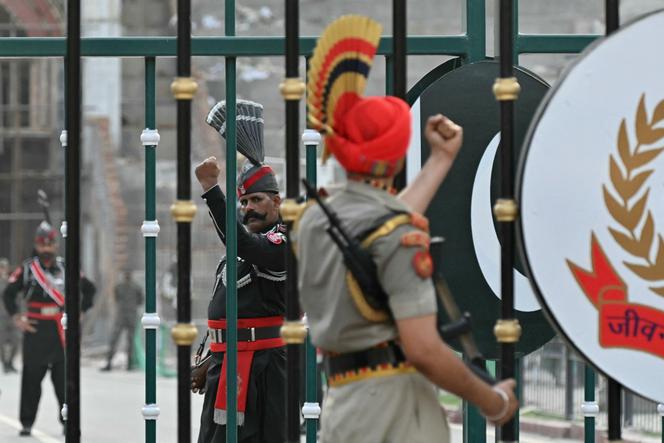


The confrontation between India and Pakistan, which ended on Saturday, May 10, with a ceasefire, revived fears of a nuclear war between these two hostile neighbors, both of whom have possessed nuclear weapons since 1998. Donald Trump, who announced the end of hostilities, boasted that he had stopped a nuclear war. This was not the first time that American officials raised such a scenario. Back in 1999, during the Kargil conflict in Ladakh, northern India, US intelligence had already warned of the possible use of nuclear weapons.
The US president did not offer further details, but the question remains: Did one of the warring parties threaten to use nuclear weapons after only four days of intense conflict involving drones and missiles?
Throughout the crisis, Pakistan's top military officers repeatedly stated that the nuclear option was not being considered. "Such a conflict would be absurd," said army spokesperson General Ahmed Chaudhry. "It would be inconceivable and sheer folly, because it would endanger 1.6 billion people." On May 10, however, as the conflict came dangerously close to turning into all-out war, with both neighbors penetrating deep into enemy territory to strike strategic military targets, alarming signals likely alerted foreign ministries around the world.
You have 77.97% of this article left to read. The rest is for subscribers only.
